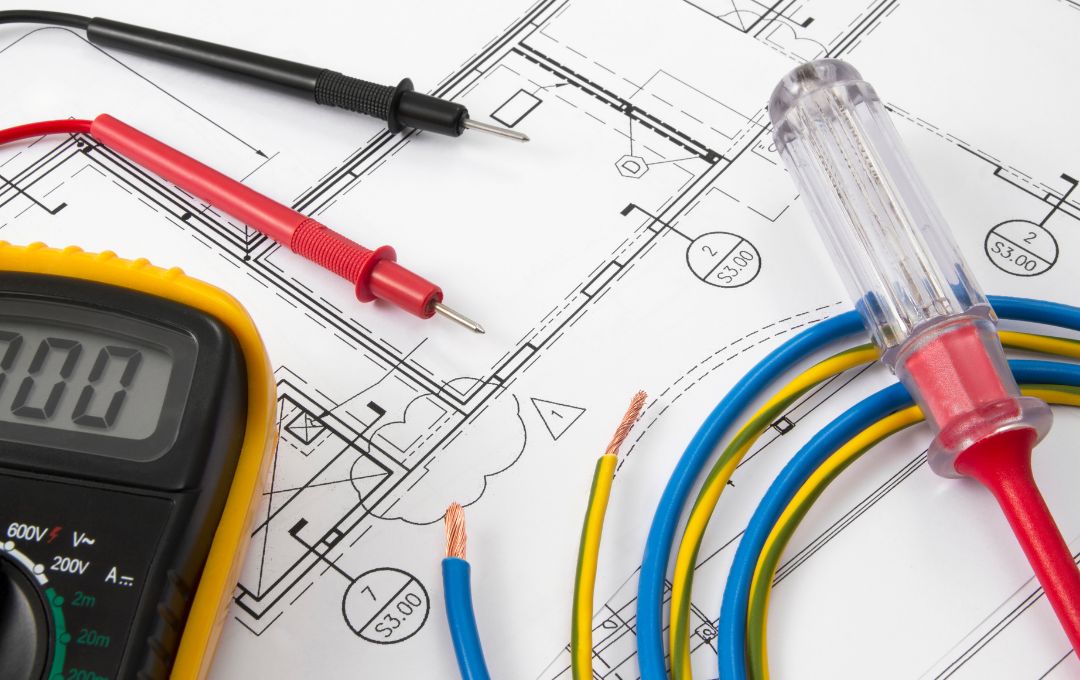Are you a new homeowner and you’re excited but also a bit overwhelmed by all of the responsibility that comes with owning your own home? One of the most important responsibilities to be aware of is taking care of your electricity. Whether it’s understanding how to save energy, being mindful of safety when dealing with electrical problems, or just knowing who to contact in an emergency, there are some essential electricity tips every new homeowner should know. It’s important to understand the basics of electricity and how to use it safely. Understanding basic electrical safety rules and learning about the different types of systems in your home will help keep you safe and ensure that your lights stay on. For all your electrical needs, trust Napier Electrician to provide reliable and efficient services.
Here are five essential electricity tips every new homeowner should know:
1. Understand Your Home’s Electrical System
Every home is wired differently, and the size of your electric panel and fuses will vary. Knowing where the main electrical panel is located in your home and what type of systems are connected to it can help you understand how electricity works in your home. Make sure all your electrical appliances are properly grounded. This is important for safety and preventing damage caused by power surges. To ensure that your home’s wiring is up to code, it’s best to contact a professional electrician or licensed contractor to inspect your entire electrical system at least once a year.
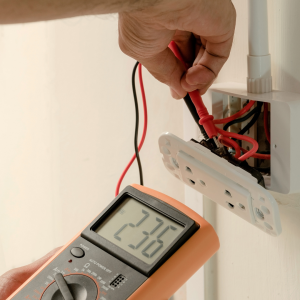
2. Know How To Use The Circuit Breaker Box
If you’re having trouble with your electricity, it might be a problem with the circuit breaker. Knowing how to reset or replace a fuse or breakers can help you troubleshoot and prevent electrical issues from escalating.
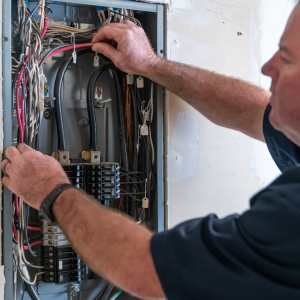
3. Install GFCI Outlets In Areas Of High Moisture
GFCI outlets are specially designed to protect against electrical shock in areas of high moisture, such as bathrooms, kitchens, and outdoor spaces. Install GFCI outlets in any area with a higher risk of water contact or dampness.
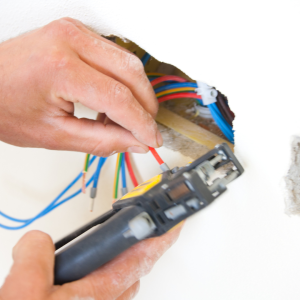
4. Use Extension Cords Safely
Extension cords are an essential tool for many homeowners. However, it’s important to use them safely. Overloading an extension cord or using one with a higher wattage than it can handle can create a shock hazard and fire risk.

5. Have Your Home Inspected Regularly
Having your home’s electrical system inspected regularly by a professional electrician is the best way to identify potential hazards before they become serious problems. An electrician can check for frayed wires, overloaded circuits, and other safety risks.
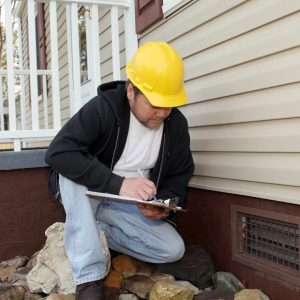
By following these five tips, you can keep your home’s electrical system running safely and efficiently. Having a basic understanding of electricity is essential for any new homeowner, so make sure to stay informed and consult with an electrician if you’re ever unsure.
